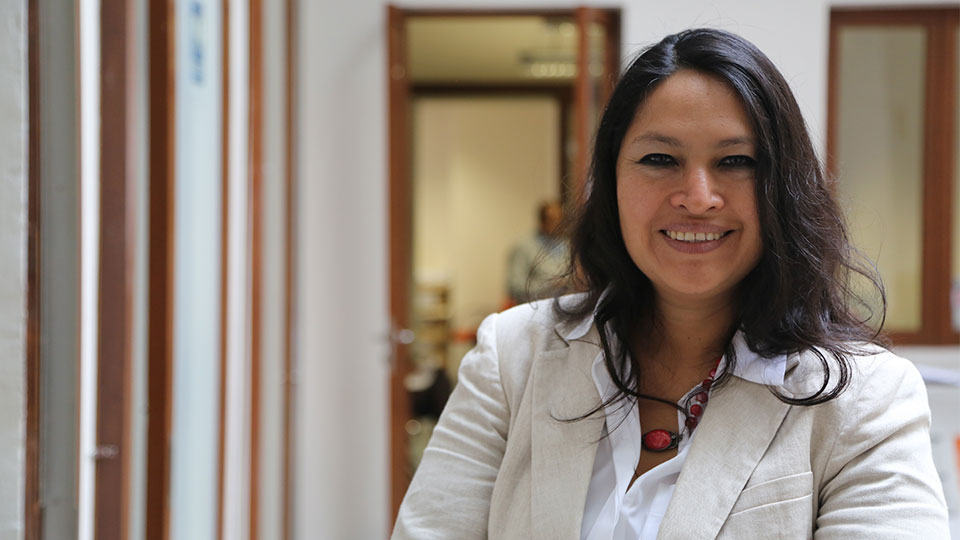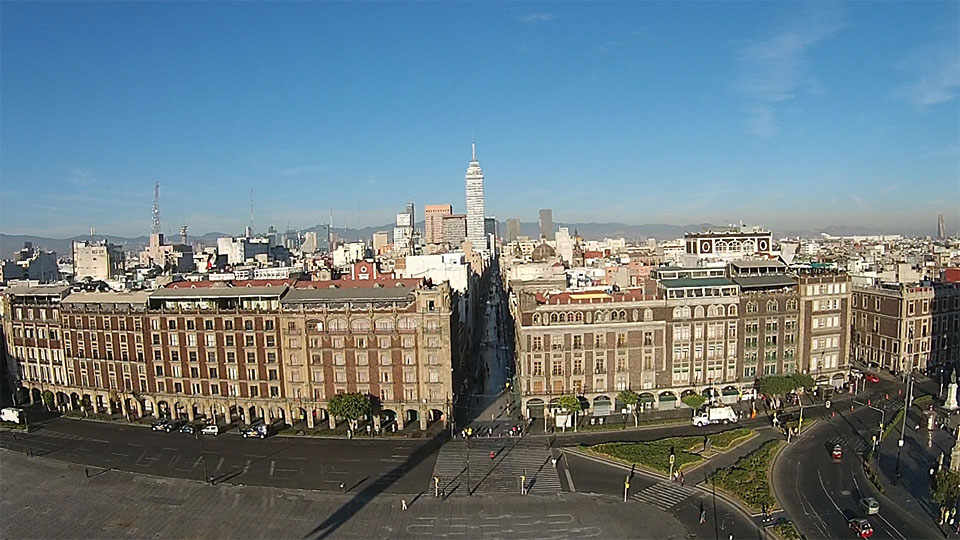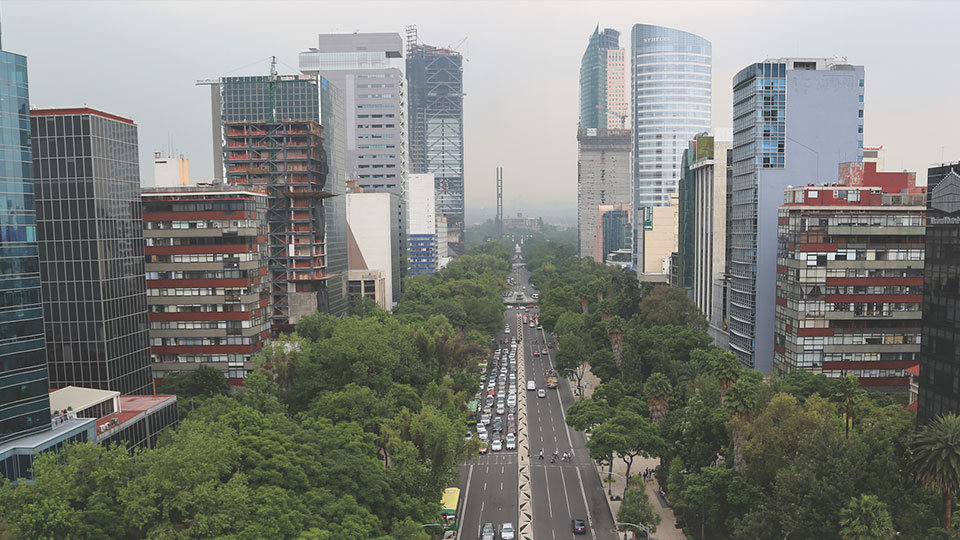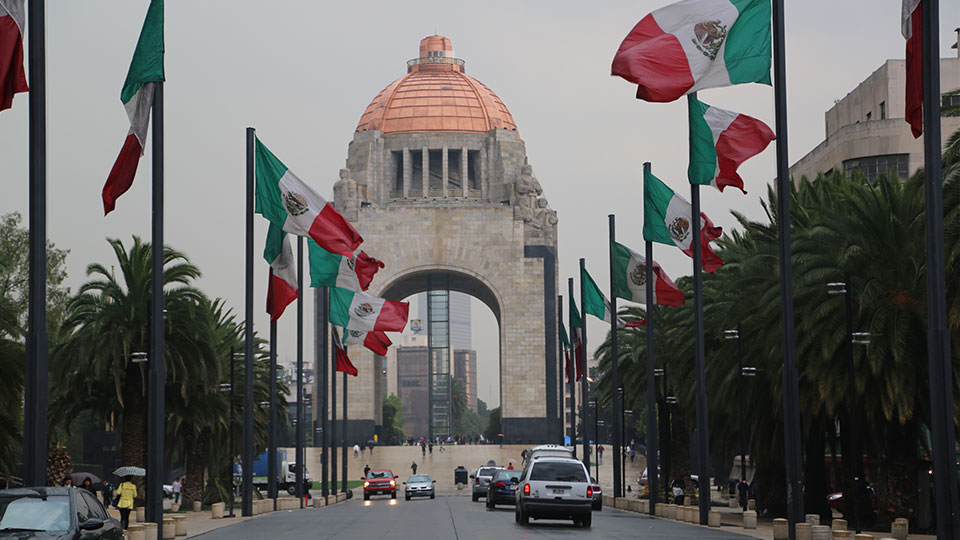The Film Commission in Mexico and The Lift have an altruistic origin story.
When we were getting our start in production, scaling massive jobs for global clients, Mexico City did not have the level of infrastructure to source necessary locations and permits. We ended up growing up together in kind after our first production together (see above), our sort of very-helpful sibling that allows us to provide the best production and production service.
We talk about the Film Commission often, as they have given us exclusive access to some of Mexico’s top locations. We’ve found that some of what they do gets lost in translation, so on our last production we sat down with Film Commissioner Leyla Mendez to talk about what they do and how they make production life in Mexico an easier and more fun adventure.
What is the mission of the film commission?
Our mission is to promote the cinematic infrastructure of Mexico City in order to better and maximize its use for the audiovisual industry. We offer information about the processes, formalities and related services to filming in locations and common usage property of Mexico City. Finally we receive and grant the necessary permits for filming.
What has been your proudest moment as commissioner?
This moment will arrive once we have launched the new automated system of notices and permits, which will not only expedite the administrative process, but will place us at the forefront of Latin America because of its swiftness.
In a sentence, tell us why we should set our production in Mexico.
Mexico City has everything a producer is looking for: locations, infrastructure, services and a professional workforce.
What is your favorite thing about your jurisdiction?
What I like the most is to be in contact with the producers and to help them coordinate their needs with the Ministry of Public Safety, with the municipal offices, with the National Institute of Fine Arts (INBA by its Spanish acronym), with the National Institute of Anthropology and History (INHA by its Spanish acronym), with the Government, with the neighbors or any other offices involved in order to achieve a successful shoot. These processes in turn translate into jobs creation, the usage of tourism services and into cultural promotion of Mexico City. But especially what I most enjoy is the cultural exchange between the local workforce and their foreign counterparts that create invaluable experiences of positive feedback.
What is one thing you’ve learned from your role?
We have learned that the citizens of Mexico City want to feel they are part of the film productions and that their opinion matters. If we foment a civic culture of respect then producers, authorities and citizens will be able to live together in the best way possible.
What are the future plans of the commission?
We are a government office that regulates the filming industry within the City, and we will continue to do this with our primary mission being to facilitate the filming of audiovisual works in Mexico City. We look to promote this industry in order for it to become and important economic sector. This year we have a digital system of permits. All producers in the world or Mexico may request their filming permits in Mexico City. That system is unique in Latin America and it´s a unique option for filming with security and certain.



